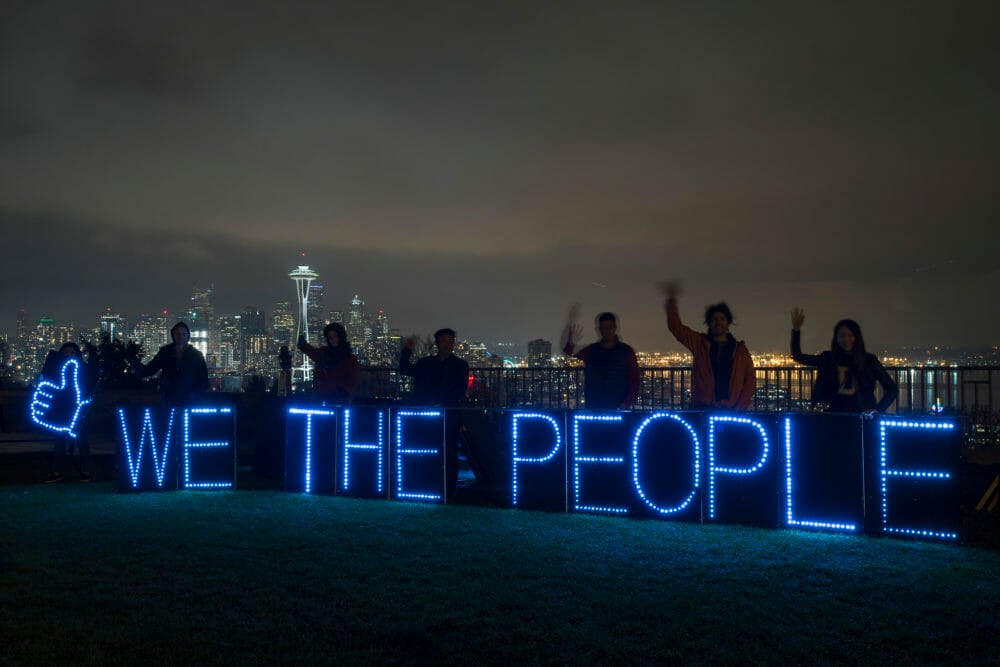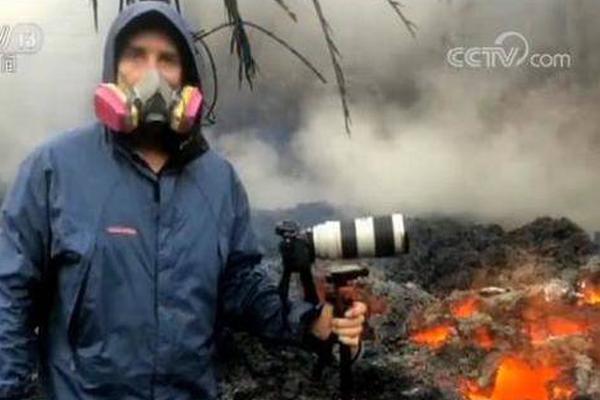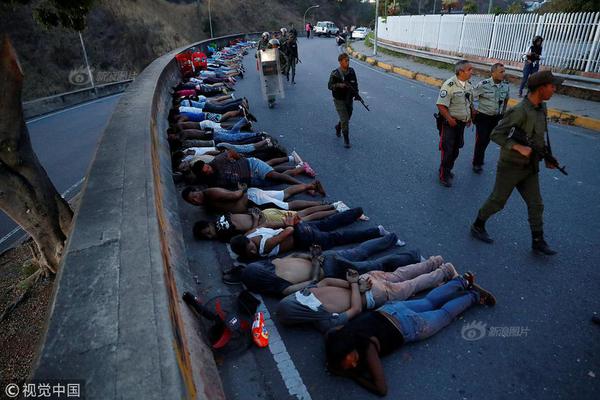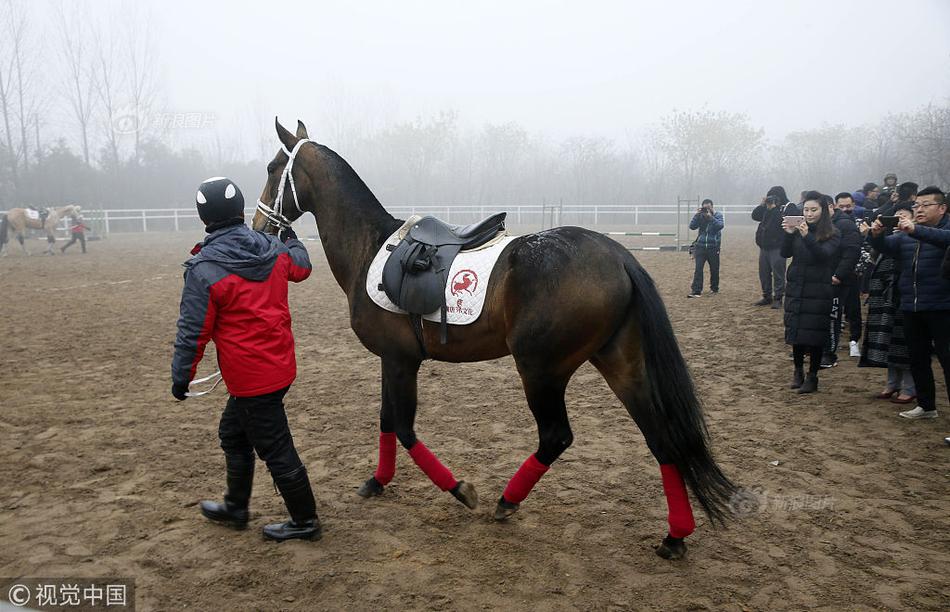Survivors of three recent disasters -- the Northern California fires,China Archives the Las Vegas mass shooting, and Hurricane Maria -- used social media and texting as lifelines to connect with loved ones, seek aid, and search for the latest developments.
A new study, however, suggests that people who get updates during a major crisis from unofficial channels like random social media accounts are most exposed to conflicting information. And those who relied on and trusted social media more, experienced increased psychological distress compared to those who less frequently looked to and believed social media reports.
SEE ALSO: Kate Middleton explains in simple terms what mental health means in candid videoThe study, published in Proceedings of National Academy of Sciences, surveyed 3,890 students whose campus was locked down during an active shooter situation. Since it's difficult, if not impossible, to begin a scientific study during a life-threatening disaster or crisis, the researchers asked students about their experience a week after the incident and analyzed five hours of Twitter data about the shooting. (Details about what happened were anonymized at the university's request.)
"If random people you don’t know are tweeting information that seems really scary, that's anxiety-provoking."
"If random people you don’t know are tweeting information that seems really scary -- and, in particular, if you're in a lockdown and someone is tweeting about multiple shooters -- that’s anxiety-provoking," says Nickolas M. Jones, the study's lead author and a doctoral candidate at the University of California, Irvine.
While nearly everyone said they turned to officials like school authorities and the police, some people also reported seeking more information from other sources, including social media, family, and friends. The researchers found that the people who reported relying on Twitter as well as text messages from loved ones had more exposure to conflicting information. They also said they felt more distress.
Jones says that people might turn to social media to feel more control in the midst of a crisis, especially if authorities aren't sharing regular updates. But that sense of control just might be an illusion if someone instead sees rumors and conflicting information and feels more anxious as a result.
"You’re going to feel something no matter what because you’re a human being," says Jones. "Where you go from there to mitigate anxiety is what really matters."
This Tweet is currently unavailable. It might be loading or has been removed.
In other words, it's perfectly normal to seek information from any available source and to have an emotional response to rapidly unfolding events. But people who feel helpless during a crisis may be primed to see patterns where none exist, making rumors and misinformation particularly dangerous. Their ability to process and scrutinize information may also be diminished.
While Jones and his co-authors only surveyed those affected first-hand by the lockdown, he believes the public might experience a similar dynamic during crises, particularly if people are somehow connected to what's going on. Think, for example, of the last time you scrolled through social media during a disaster and tried to sort through confusing accounts and rumors. It's probably not that hard to recall a sense of creeping anxiety.
SEE ALSO: How to cope — and help others — after the deadly mass shooting in Las VegasPart of the broader problem is that the public now seems to expect fast and frequent updates thanks to the speed of social media, but authorities often still operate with tremendous caution. In the campus shooter case, 90 minutes transpired between two official updates from the police. During the entire incident, Jones and his co-authors found that some false rumors, including information about multiple shooters and what they were wearing, were retweeted hundreds of times.
The study's authors recommend that emergency management officials stay in regular contact with people. Even if they don't have new information, they can still send messages that help alleviate anxiety and uncertainty by addressing the situation and reassuring the public. They should also monitor social media for rumors and "tackle them head on," says Jones.
This Tweet is currently unavailable. It might be loading or has been removed.
The Federal Emergency Management Agency, for example, compiled a list of debunked rumors regarding Hurricane Maria recovery efforts in Puerto Rico. The city of Santa Rosa and Sonoma County, both of which were devastated by fires in Northern California last week, posted tweets to address rumors. Efforts like these are crucial. It's equally important to ensure people can actually access official websites, social media pages, and text message updates in the midst of a disaster.
But the bottom line, says Jones, is learning to seek news carefully: "For anybody who’s turning to social media to get critical updates during a crisis, I think they just need to be skeptical about some of the information they’re seeing from unofficial sources."
Topics Mental Health Social Good Social Media X/Twitter
Previous:Dublin in My Tears
Next:Not a Revolution
 The Commons are Rumbling
The Commons are Rumbling
 Elon Musk's X looks to raise exactly what Musk paid for it
Elon Musk's X looks to raise exactly what Musk paid for it
 The internet fears this bleeding human
The internet fears this bleeding human
 Wordle today: The answer and hints for February 20, 2025
Wordle today: The answer and hints for February 20, 2025
 Fear and Loathing in Cascadia
Fear and Loathing in Cascadia
 Where to buy the best AI laptops from CES 2025
Where to buy the best AI laptops from CES 2025
 NYT mini crossword answers for February 21, 2025
NYT mini crossword answers for February 21, 2025
 NYT mini crossword answers for February 21, 2025
NYT mini crossword answers for February 21, 2025
 Trump’s Family Leave Shell Game
Trump’s Family Leave Shell Game
 NYT mini crossword answers for February 22, 2025
NYT mini crossword answers for February 22, 2025
 I’ve been working on this post…. for ten minutes…. just tweet it out
I’ve been working on this post…. for ten minutes…. just tweet it out
 Black Girls Code is more important than ever
Black Girls Code is more important than ever
 NYT mini crossword answers for February 21, 2025
NYT mini crossword answers for February 21, 2025
 England vs. Scotland 2025 livestream: Watch Six Nations for free
England vs. Scotland 2025 livestream: Watch Six Nations for free
 Bafflersplainer: Win the Future
Bafflersplainer: Win the Future
 DOGE dividend checks: What Elon Musk said, how real they actually are.
DOGE dividend checks: What Elon Musk said, how real they actually are.
 Italy vs. France 2025 livestream: Watch Six Nations for free
Italy vs. France 2025 livestream: Watch Six Nations for free
 Rabbit just introduced a new Android AI agent.
Rabbit just introduced a new Android AI agent.
 The Usual Suspects
The Usual Suspects
 DOGE dividend checks: What Elon Musk said, how real they actually are.
DOGE dividend checks: What Elon Musk said, how real they actually are.
Jackery portable power station deal: $90 off at AmazonNYT Strands hints, answers for April 15Alaska's fat bears have a serious threat looming on their doorstep'Andor,' Star Wars, and Mon Mothma's dancing: The meme we needGrab the Soundcore Anker Life Q20 ANC headphones for just $39.99It's snowing in Texas and Twitter is rightfully freaked outHow to sell clothes online: The guide to selling on Depop, Poshmark, MercariMedvedev vs. Nakashima 2025 livestream: Watch Madrid Open for freeNYT Connections Sports Edition hints and answers for April 13: Tips to solve Connections #202Best vacuum deal: Save $100 on Dyson V11A Year Later, You Can Still Upgrade to Windows 10 for FreeZverev vs. Cerundolo 2025 livestream: Watch Madrid Open for freeHow Blizzard Saved Diablo III From DisasterNational Pet Day 2025: Deals at Chewy, Bark Box & moreMalaysia's last Sumatran rhinoceros has died. Here's why it's important.How tariffs could affect the influencer economyBest Samsung deal: Save $90 on the Samsung Galaxy Watch 7NYT Strands hints, answers for April 15'Andor,' Star Wars, and Mon Mothma's dancing: The meme we needAMD Ryzen 5000 IPC Performance Tested Preview all the updates coming to iPad this fall Germany vs. France 2025 livestream: Watch UEFA Nations League for free Three Apps to Combine All Your Messaging Clients Into One 6 essentials for travelling in style 7 Samsung Galaxy S25 settings you should change ASAP Apple's watchOS 26 comes with an AI Precursors to Today's Technology: These Products Had the Right Vision Using a U2F Key to Secure Your Google, Dropbox, and GitHub Accounts Apple's WWDC 2025 keynote ends with a piano man singing real App Store reviews Portugal vs. Spain 2025 livestream: Watch UEFA Nations League final for free 7 Ways to Screenshot in Windows 10 Alcaraz vs. Sinner 2025 livestream: Watch French Open final for free 11 Tech Products That Were Supposed to Fail... But Didn't In Hindsight: Some of the Worst CPU/GPUs Purchases of 2017 E3 2017 Trailer Roundup: Upcoming PC Games NYT mini crossword answers for June 7, 2025 This asteroid won't strike Earth. Here's why NASA is still watching. Every iPhone getting iOS 26: Is yours on the list? Wordle today: The answer and hints for June 9, 2025 Best tablet deal: Save $170 on Samsung Galaxy Tab S10+
1.8384s , 10130.6015625 kb
Copyright © 2025 Powered by 【China Archives】,Openness Information Network